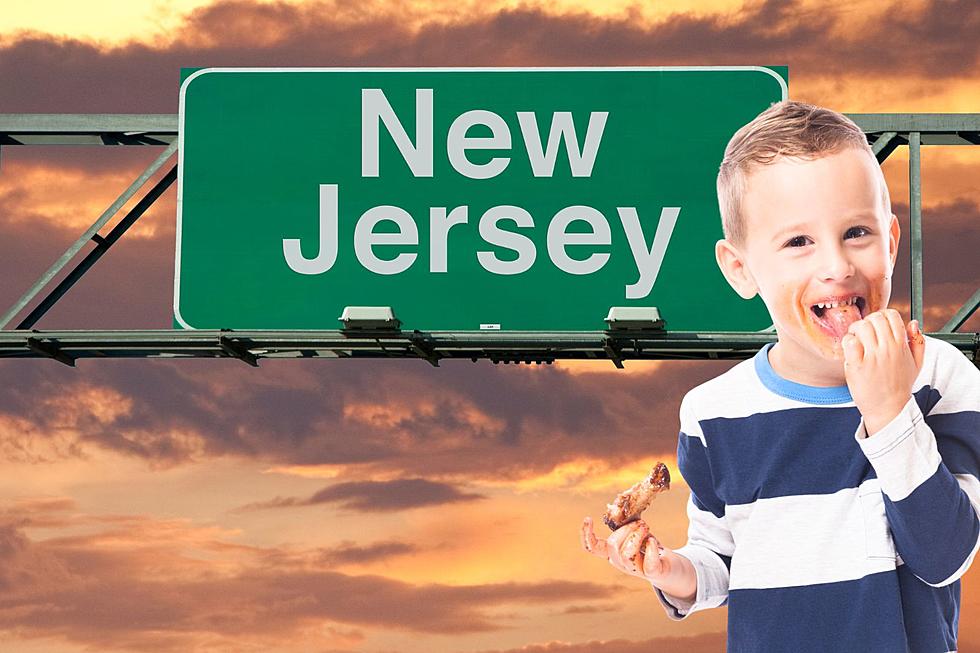
Plan advances to boost indoor capacity of NJ restaurants
TRENTON — An Assembly committee Wednesday endorsed a six-bill package aimed at helping restaurants and other small businesses, including a path for food and beverage establishments to expand to 50% capacity if they meet safety measures and depending on COVID-19 activity in their region.
Other bills in the package would allow restaurants to fill more seats by erecting physical barriers between seating areas if 6 feet of distance isn’t feasible and address various aspects of the outdoor dining options that were made available when indoor capacities were capped at 25%.
“The restaurant and food establishment businesses have been struggling since the beginning of this pandemic. And we believe that these bills will provide the flexibility to allow these restaurants to continue to find a way to operate during these crucial winter months,” said Hilary Chebra, government relations manager for the Chamber of Commerce Southern New Jersey.
One problem with that, however, is that the next Assembly voting session where the bills could be considered is currently scheduled to be held Feb. 25.
Assemblyman Bob Auth, R-Bergen, said restraints have pushed restaurants to the breaking point without good basis and that even the bills advanced Wednesday are absurd.
“I don’t know which is worse, a 1.3% infection rate in a restaurant or allowing people to sit outside in the frigid weather and catch their death of pneumonia,” Auth said.
“I don’t think we’re going to get 100% capacity,” said Marilou Halverson, president and chief executive officer for the New Jersey Restaurant and Hospitality Association. “But, yes, we should be at 50% capacity like most of the other states.”
Gov. Phil Murphy said New Jersey’s approach to dining rules during the pandemic, both indoors and outdoors, “have been as consistent as any state in America,” though he acknowledged the situation has created “an awful avalanche of misery” for restaurant owners.
Outdoor dining began June 15, after a roughly three-month period when only takeout was allowed. Indoor dining was supposed to begin in July but was postponed on short notice until early September.
“But when we opened up indoors on Sept. 4, 2020, at 25%, we have not wavered for one minute since then – up or down. I wish we could go up, but as you can see with the numbers, that’s not in the cards right now,” Murphy said.
The state’s confirmed case rate is currently the highest since the pandemic began, though testing was limited last spring so cases were certainly being missed.
There were 6,922 confirmed cases announced Wednesday, a single-day high, and the seven-day rolling average is now 5,618 a day, or 63.3 per 100,000 residents. On top of that were an additional 1,265 more suspected cases announced Wednesday.
Halverson said the spread of COVID has been shown in other states to be driven by private gatherings in unregulated spaces, not commercial spaces such as restaurants. She said curfews and capacity limits should be lifted before the Super Bowl on Feb. 7, for example.
“We have a 10 o’clock curfew. If we could have a 12 o’clock curfew or go back to our normal times, you’re not going to force people into people’s homes to have Super Bowl parties. That’s the reality,” Halverson said. “People are getting together whether you, the governor, people like it. People are gathering together. We should be offering them a safe place to go.”
Another bill would require the state Division of Alcoholic Beverage Control to waive the $75 fee for the permit that allows establishments to serve alcohol in areas adjacent to their premises. Assemblyman John DiMaio, R-Warren, said the Legislature should go further and waive yearly liquor-license fees.
“I appreciate the $75 waiver of the extension that they wanted to put on for outdoor liquor, but during these times, these businesses have suffered greatly,” DiMaio said.
The package also includes a resolution to establish a commission to study the effects of COVID-19 on small businesses.
“The state chamber looks forward to this being a beginning process of the rebuilding of the economy of the state of New Jersey,” said Michael Egenton, executive vice president of government relations for the New Jersey Chamber of Commerce. “Many sectors have been impacted.”

Michael Symons is State House bureau chief for New Jersey 101.5. Contact him at michael.symons@townsquaremedia.com.
These Jersey Shore Restaurants Offer Heated Outdoor Dining (2020)
More From SoJO 104.9 FM










